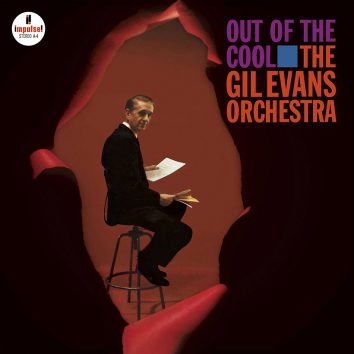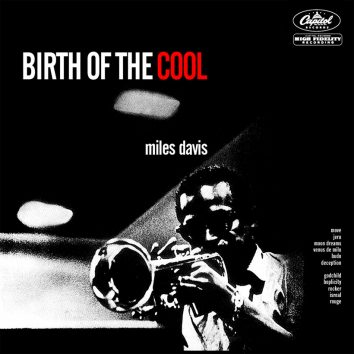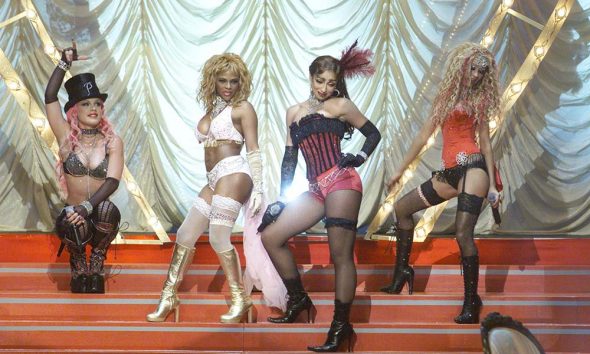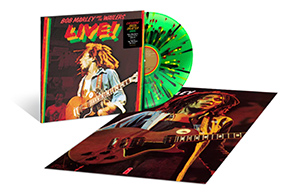Best Nelly Furtado Songs: 10 Pop Classics That Say It Right
The Canadian singer has amassed an enviable catalog that’s stylistically diverse and stuffed with smash hits.

The term “pop star” has never sat comfortably with Nelly Furtado. The Canadian-born singer-songwriter of Portuguese descent is certainly a big star, with sales of over 45 million records to her name, yet while pop is broadly her medium, she’s always evolved and prioritized embracing change. In fact, over the past 25 years, Furtado has absorbed styles as diverse as jazz, Latin music, reggae, folk and hip-hop into her music, but her fearlessness has paid dividends. She’s chosen her collaborators wisely and her lengthy string of hits ensures there are contenders aplenty when it comes to choosing the best Nelly Furtado songs.
Shop for Nelly Furtado’s best songs on vinyl or CD now.
I’m Like A Bird
Having signed to DreamWorks in 1999, Nelly Furtado made an almost instant impact when her Grammy Award-winning debut single “I’m Like A Bird” shot to No. 9 on the Billboard Hot 100 in the fall of 2000. With its breakbeats, mellow verses and surging choruses, the song was difficult to pigeonhole stylistically, but it exuded that all-important universal appeal detectable in the DNA of all great pop songs. “I’m Like A Bird” has since been covered by countless karaoke singers and cover bands, but like the wonderful winged creatures its title celebrates, it’s Furtado’s effervescent original recording that still soars to the greatest heights to this day.
Click to load video
Turn Off The Light
Spurred on by the success of “I’m Like A Bird,” Nelly Furtado’s debut album Whoa, Nelly! went on to enjoy multi-platinum international success and spent a whopping 78 weeks on the U.S. Billboard 200. It spawned three more significant hit singles, with “Turn Off The Light” actually usurping the ubiquitous “I’m Like A Bird” on the U.S. singles chart, where it peaked at No. 5 early in 2001. Driven along by its slow, but surefooted groove and Furtado’s heartfelt vocal, “Turn Off The Light” was less immediate than the precocious “I’m Like A Bird” but it was equally seductive and it also spawned a dance remix that topped Billboard’s Hot Dance Music/Club Play chart.
Powerless (Say What You Want)
A constant thread running through Nelly Furtado’s catalog is her desire to reinvent herself and absorb different musical influences into her wider body of work. Accordingly, instead of sticking with the shiny pop melodies and hip-hop beats so prevalent on Whoa, Nelly!, she radically changed course on her second album, Folklore: an introspective, folk-flecked set of songs exploring her Portuguese heritage. Arguably its apogee, its first single “Powerless (Say What You Want)” neatly incorporated strings, banjos and a sample from Malcolm McLaren’s 1982 hit “Buffalo Gals” – and it emerged sounding like a classic in waiting.
Força
In one contemporary interview, Nelly Furtado described “Força” (the Portuguese word for “strength”) as sounding like “a burst of energy” and that’s spot on. This sparkling anthem captures one of Furtado’s most impassioned vocals and while its cool arrangement (featuring tablas, accordions and banjos) is almost entirely acoustic in design, it rocks as hard as most electric guitar-driven anthems. Though only a minor hit when issued as the fourth single from 2003’s Folklore, “Força” enjoyed a second life as the official song of the 2004 European Football Championship and it still sounds like a force of nature today.
Promiscuous
Nelly Furtado has openly admitted she was influenced by Madonna’s acclaimed Ray Of Light while creating her third album, 2006’s Loose. However, while she described that record as both “universal” and “epic” in scope, she created something equally iconic with Loose: one of the biggest albums of the 00s with global sales of over 10 million copies. Given a cutting-edge production sheen by the in-demand Timbaland, the record represented a more dancefloor-friendly Furtado, with its brilliant, R&B-flavored trailer single “Promiscuous” (a flirty duet between her and Timbaland) sounding bang on-trend and going on to top the Billboard Hot 100.
Click to load video
Maneater
It’s been well-documented that Nelly Furtado’s Loose explored female sexuality and took its cue from those she called “strong women in control” such as Madonna, Queen Latifah and Salt-N-Pepa. That’s certainly the case with the album’s second single “Maneater”: a stomping, electro-pop paean to the kind of confident, empowered woman with whom “You either wanna be with me… or be me.” Though it sounded like a sure-fire smash, “Maneater” failed to follow “Promiscuous” to the apex of the U.S. charts, though it revived Furtado’s fortunes on the international stage; topping the U.K. Top 40 and going Top 10 in most European territories.
Say It Right
Nelly Furtado returned to the summit of the Billboard Hot 100 with “Say It Right,” the third single taken from 2006’s Loose. Its synth-driven backdrop was reputedly influenced by the Eurythmics’ 1983 hit “Here Comes The Rain Again,” but while “Say It Right” taps into a similarly European vein of melancholy, the song exudes an air of mystery of its own making. One of Furtado’s classiest songs, “Say It Right” was promoted by a suitably enigmatic video opening with the singer gracefully stepping out of a helicopter.
All Good Things (Come To An End)
The last of Loose’s quartet of hits, “All Good Things (Come To An End)” was co-written by Coldplay’s Chris Martin, who also adds harmonies alongside Furtado’s lead vocal. As the song’s title suggests, this reflective, low-key ballad is rather downbeat by comparison with the thrusting, dancefloor-friendly likes of “Promiscuous” or “Maneater,” but it’s no less powerful for that. Indeed, it’s imbued with the kind of insights into the human condition (“Flames turn to dust/lovers to friends”) that never go out of fashion, so it’s no surprise that “All Good Things (Come To An End)” still sounds as convincing as it did on release in 2006.
Click to load video
Manos Al Aire
Opting to make a Spanish-language album after the massive-selling Loose was a courageous move, but once again Nelly Furtado pulled it off with 2009’s Mi Plan (“My Plan” in English): a record which met with critical acclaim, but also went platinum and won a Latin Grammy Award in 2010. In typical Furtado fashion, the album flirted with a diverse range of styles, absorbing reggae, electro-pop and even alt-rock in addition to its Latin and flamenco leanings, but much of it worked like a dream. Arguably its stand-out cut, the anthemic, guitar-driven “Manos Al Aire” (“Hands In The Air”) became its first single and it rewarded Furtado with her first No. 1 on the Billboard Top Latin Songs chart.
Night Is Young
One of three new tracks recorded for inclusion on 2010’s The Best Of Nelly Furtado, “Night Is Young” is lighter than most of the material Furtado has recorded since Whoa, Nelly! but it’s still deserving of a place in any run-down of her best songs. In spirit, it’s similar to the dancefloor-friendly cuts from Loose, but it’s more direct and it’s arguably the closest she’s come to writing a straightforward dance-pop song. With lines such as “The night is young and so are we/We can do anything, baby” it’s about as lively, optimistic and fun-filled as great pop music gets and it’s the kind of song all the best parties need to get started.










